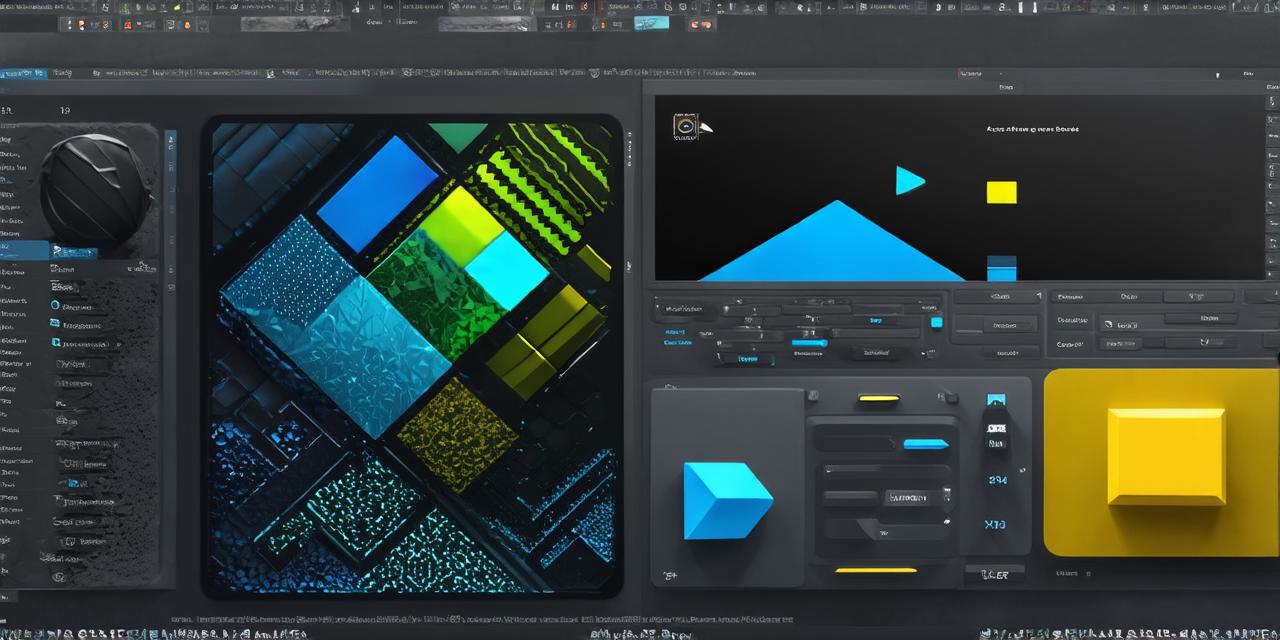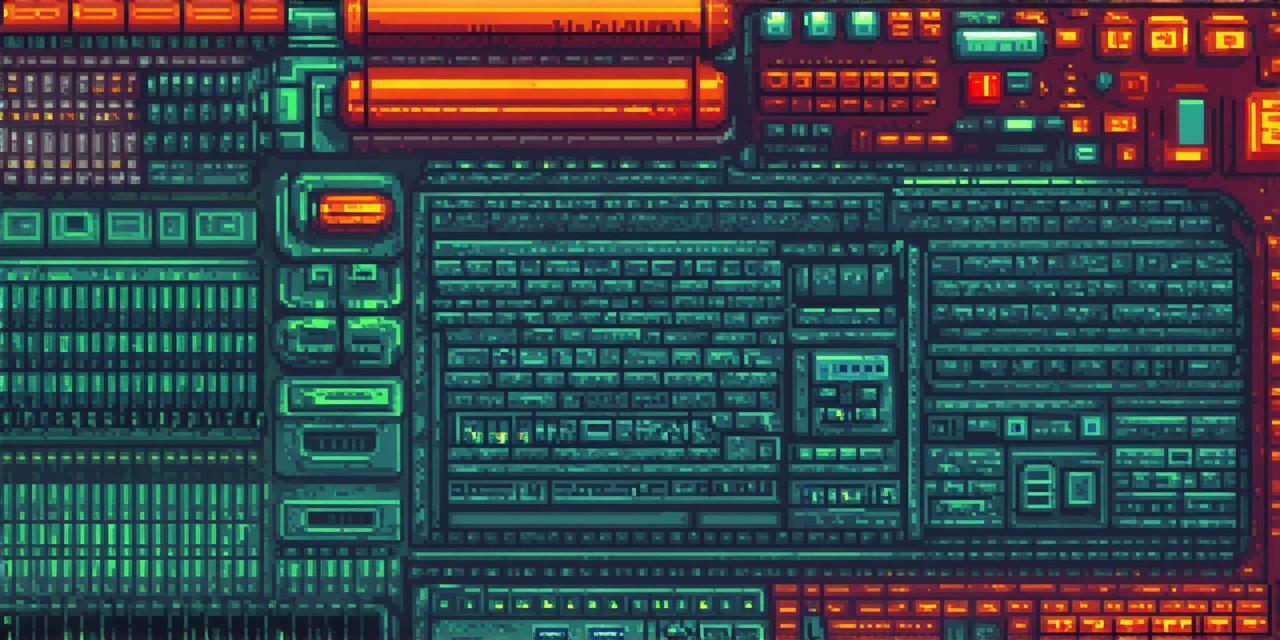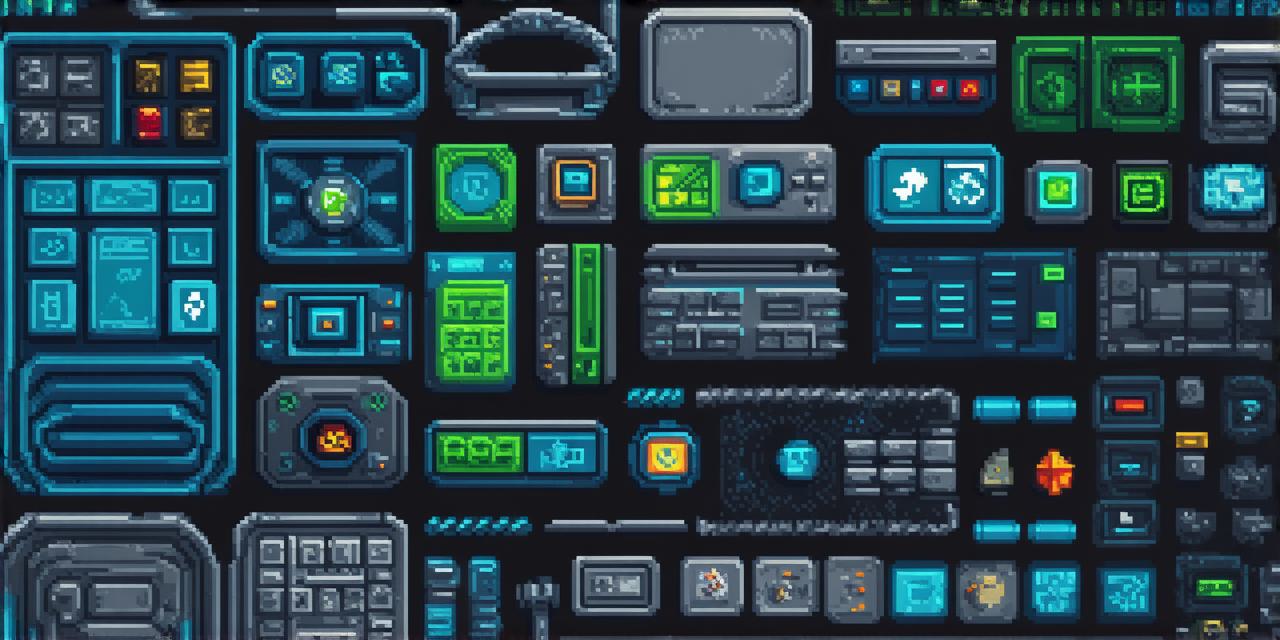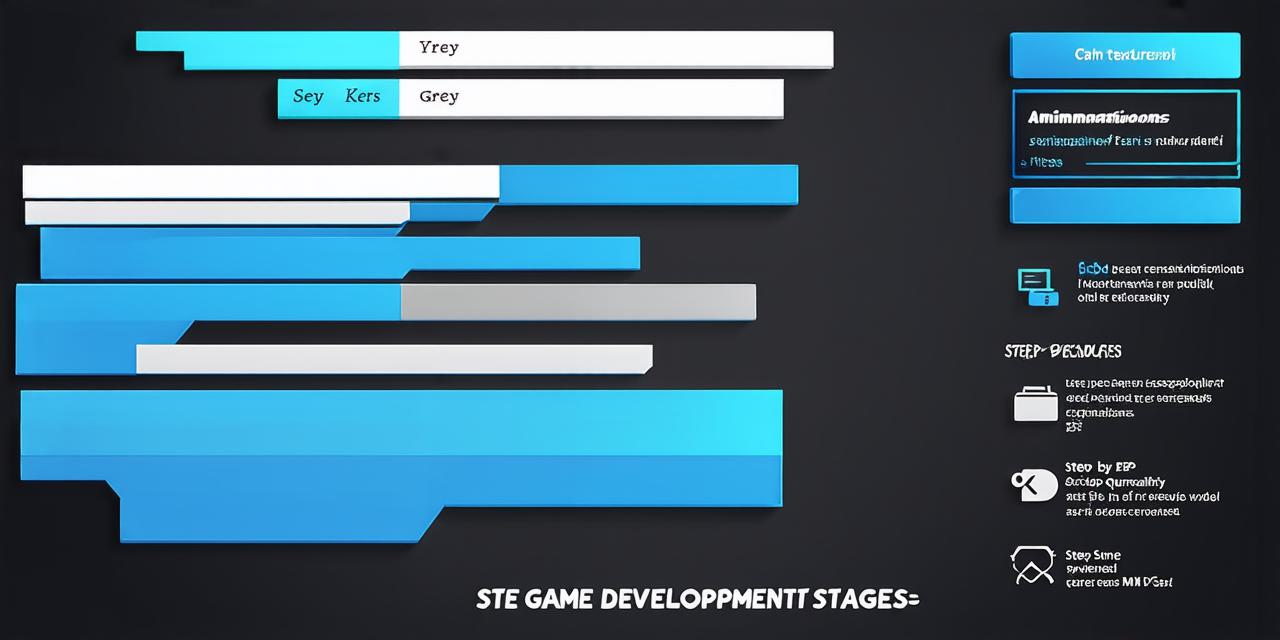Introduction
Game development is a rapidly growing industry that requires specialized software to create immersive and engaging experiences for players. With so many options available on the market, it can be overwhelming to choose the right tools for your game development project. In this article, we will explore some of the top software for game development and discuss their features, benefits, and limitations.
1. Unity
Unity is one of the most popular game engines in use today. It offers a wide range of features and capabilities that make it suitable for both 2D and 3D game development. With Unity, you can create games for multiple platforms, including mobile devices, consoles, PCs, and virtual reality systems.
Some of the key features of Unity include:
- A powerful scripting language called C that allows for flexible and customizable game logic
- Support for 2D and 3D graphics, including textures, lighting, and particle effects
- Integration with a variety of plugins and tools for animation, audio, physics, and networking
- Cross-platform support, making it easy to publish your game on multiple devices
Unity is also known for its large and active community, which provides plenty of resources, tutorials, and support for game developers. However, Unity can be more difficult to learn than other game engines, and some users have reported issues with performance and stability, particularly when working with complex scenes or effects.
1. Unreal Engine

Unreal Engine is another popular game engine that is widely used in the industry. It offers a wide range of features and capabilities for creating both 2D and 3D games, including support for virtual reality systems.
Some of the key features of Unreal Engine include:
- A powerful scripting language called Blueprints that allows for easy and flexible game logic
- Support for high-quality graphics, including HDR rendering, real-time ray tracing, and dynamic lighting
- Integration with a variety of plugins and tools for animation, audio, physics, and networking
- Cross-platform support, making it easy to publish your game on multiple devices
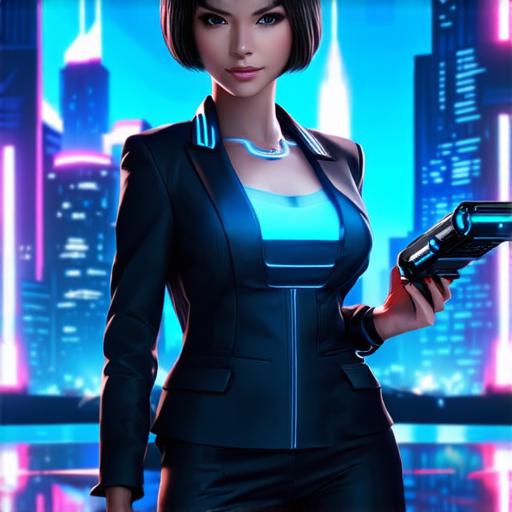
Unreal Engine is also known for its large and active community, which provides plenty of resources, tutorials, and support for game developers. However, Unreal Engine can be more difficult to learn than other game engines, and some users have reported issues with performance and stability, particularly when working with complex scenes or effects.
1. Blender
Blender is a free and open-source 3D modeling and animation software that is widely used in the game development industry. It offers a wide range of features for creating both 2D and 3D graphics, including support for rigging, animation, texturing, lighting, and particle effects.
Some of the key features of Blender include:
- A powerful scripting language called Python that allows for flexible and customizable game logic
- Support for a wide range of file formats, including FBX, OBJ, and STL
- Integration with a variety of plugins and tools for animation, audio, physics, and rendering
- Cross-platform support, making it easy to export your models and animations for use in games
Blender is also known for its large and active community, which provides plenty of resources, tutorials, and support for game developers. However, Blender can be more difficult to learn than other software tools, particularly for beginners who may struggle with its complex interface and steep learning curve.
1. Adobe Animate
Adobe Animate is a vector graphics editor that is widely used in the game development industry for creating 2D animations and games. It offers a wide range of features for creating animations, including support for keyframes, motion tweening, and timelines.
Some of the key features of Adobe Animate include:
- Support for both bitmap and vector graphics, making it suitable for creating both raster and vector-based games
- Integration with a variety of plugins and tools for audio, physics
